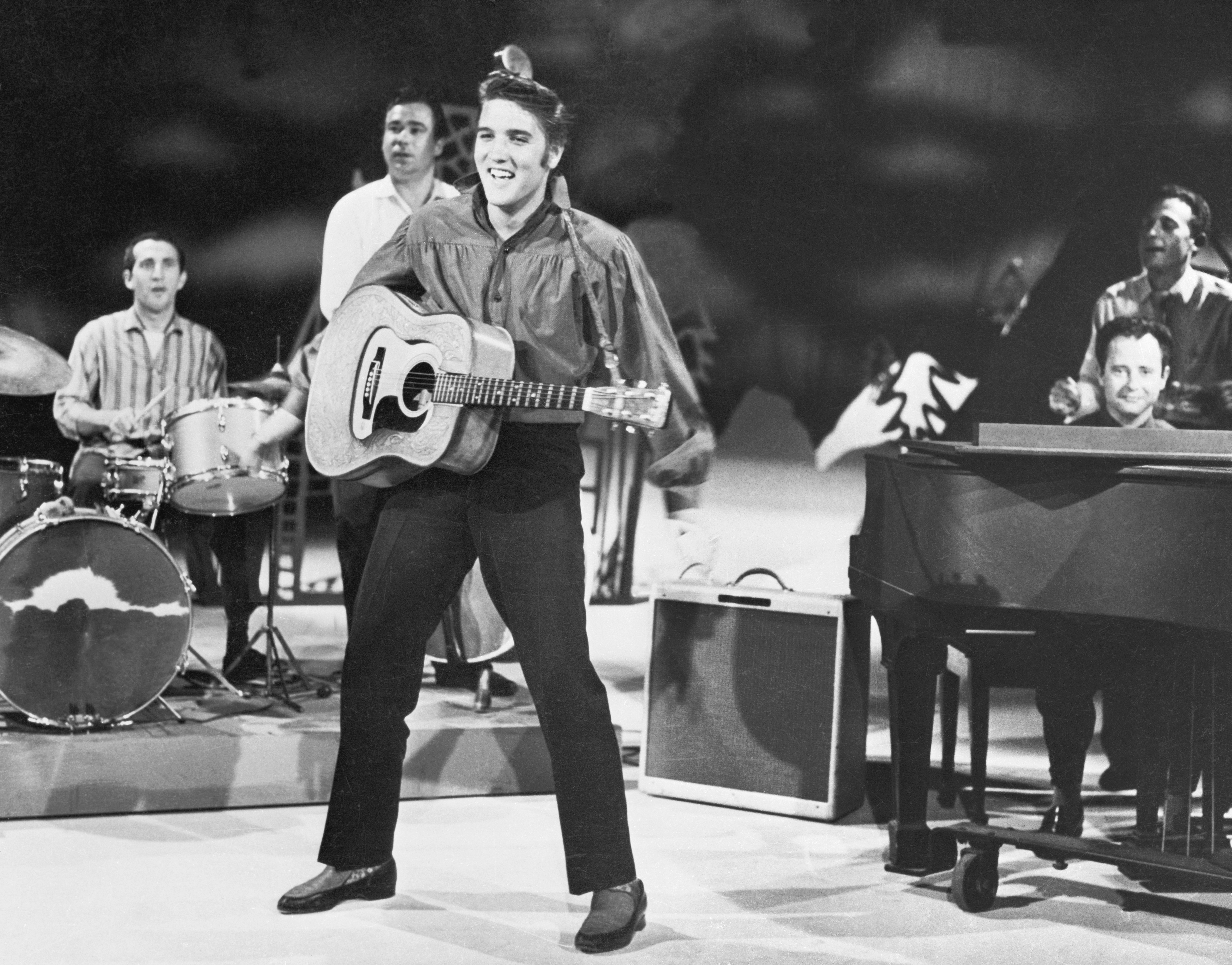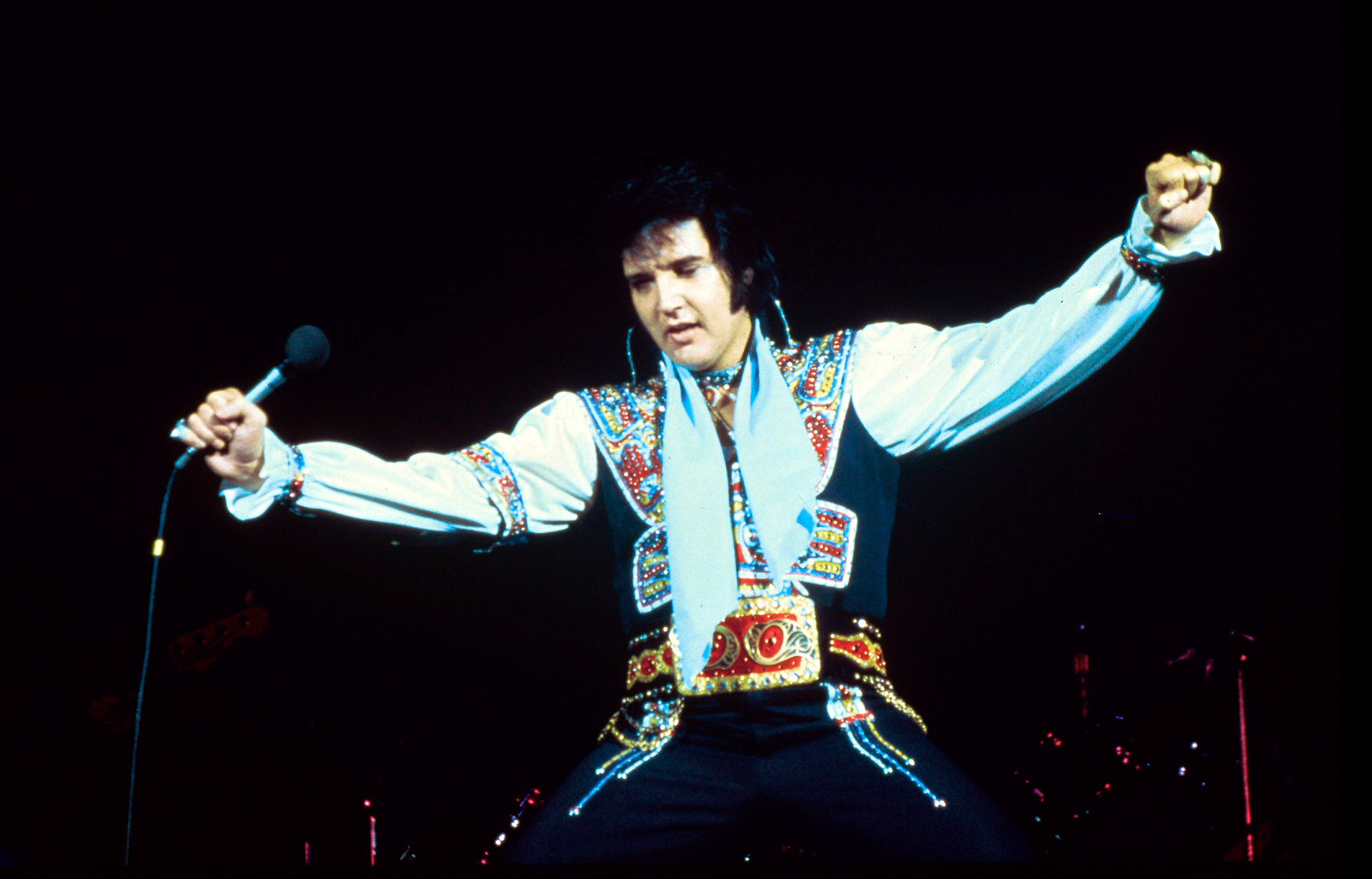In a new interview with The Hollywood Reporter, legendary producer Quincy Jones revealed that he refused to work with Elvis Presley because the so-called King of Rock and Roll was racist.
Asked by the publication if he ever worked with Presley, Jones replied, “No. I wouldn’t work with him.”
“I was writing for [orchestra leader] Tommy Dorsey, oh God, back then in the ’50s,” he continued. “And Elvis came in, and Tommy said: ‘I don’t want to play with him.’ He was a racist mother — I’m going to shut up now.”
“But every time I saw Elvis, he was being coached by [‘Don’t Be Cruel’ songwriter] Otis Blackwell, telling him how to sing,” he added.
Of course, Jones is hardly the first person to suggest that Presley was racist. He’s long been accused of appropriating and stealing Black music, and other artists like Public Enemy — who famously declared “Elvis was a hero to most, but he never meant shit to me/Straight up racist the sucker was” on “Fight the Power” — have called him out as well.
In May 2002, Mary J. Blige sang “Blue Suede Shoes” during VH1’s Divas Live special. Responding to criticism over her decision to perform an Elvis song, she later told the Atlanta Journal-Constitution, “I prayed about it because I know Elvis was a racist. But that was just a song VH1 asked me to sing. It meant nothing to me. I didn’t wear an Elvis flag. I didn’t represent Elvis that day.”
But even as early as 1957, there were rumors that Presley had made racist comments. “Some Negroes are unable to forget that Elvis was born in Tupelo, Mississippi, hometown of the foremost Dixie race baiter, former Congressman Jon Rankin,” an article in Sepia magazine read that year. “Others believe a rumored crack by Elvis during a Boston appearance in which he is alleged to have said: ‘The only thing Negroes can do for me is shine my shoes and buy my records.’”
Even if those rumors are false, it’s important to recognize that Elvis used a racist system to his advantage, benefiting from the fact that as a white man, he could make far more money recording Black music than any of the Black artists he was ripping off — artists whose musical legacies were too-often forgotten. We could all stand to keep that in mind and do our best to familiarize ourselves with the Black pioneers of the genre who never got their due.
Thanks for reading InsideHook. Sign up for our daily newsletter and be in the know.

















